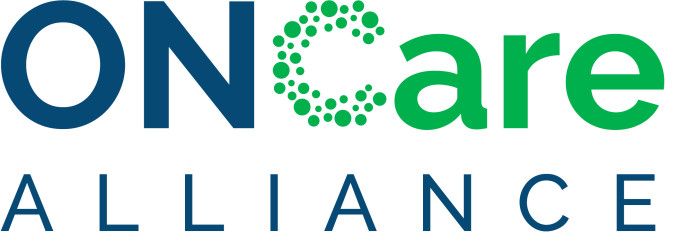
Mike Fazio: The Future of APMs Post Election and Supreme Court Ruling on the ACA

There is a lot of uncertainty among providers participating in federal alternative payment models (APMs) given the general election and the upcoming Supreme Court case on the Affordable Care Act (ACA).
There is a lot of uncertainty among providers participating in alternative payment models out of the Center for Medicare and Medicaid Innovation (CMMI) given the general election and the upcoming Supreme Court case on the Affordable Care Act, but right now they’re planning to stay the course in these models, said Mike Fazio, senior vice president of client services at Archway Health, a value-based care solutions company.
Are any of your clients asking questions about how the Supreme Court ruling on the Affordable Care Act may affect the Oncology Care Model or Oncology Care First? Or how the results of the general election might change things?
Of course, it's on their minds; it's on our mind. When there was a change in leadership back in 2016, I remember coming into the office the next day and we thought like, “Wow, okay, so what does this mean for CMMI and the programs that we're in, and that our customers are in?” And so, things, you know, kept moving forward.
And so, what we're hearing from them right now, the current administration, is the programs aren't bringing in the return on the investment and savings to taxpayers that they really expect. And so, they want to really make a bold move and make adjustments to the model, which seems like it comes in the form of a mandate in some ways, and an expansion of the model. So, they said, there's 54 models right now that CMMI is demonstrating. And out of that, you know, the goal wasn't really to find and generate massive savings, it was to really pilot and see what was working that can be then evolved on a more national scale and increase participation, but also to put more risk on providers so that those themes of possibly expansion through a mandate, more risk on providers in a broader model that encompasses more participants is necessary to prove that it is saving taxpayers money, and generating savings and improved outcomes for patients.
So now, will a change in administration affect that? Probably, you know, and we just don't know what is ahead, you know, post-election with either slowing things down or speeding them up through something like a mandate, you know, which would say, “Well, these aren't voluntary anymore. And here we go, you're in. Your Zip code is in, and this is how you'll be paid if you treat Medicare fee-for-service patients.”
So yeah, I think it's giving us some anxiety. Customers are certainly thinking about what it means for them, but they're staying the course as it is right now and their participation in the current models.
Newsletter
Stay ahead of policy, cost, and value—subscribe to AJMC for expert insights at the intersection of clinical care and health economics.









